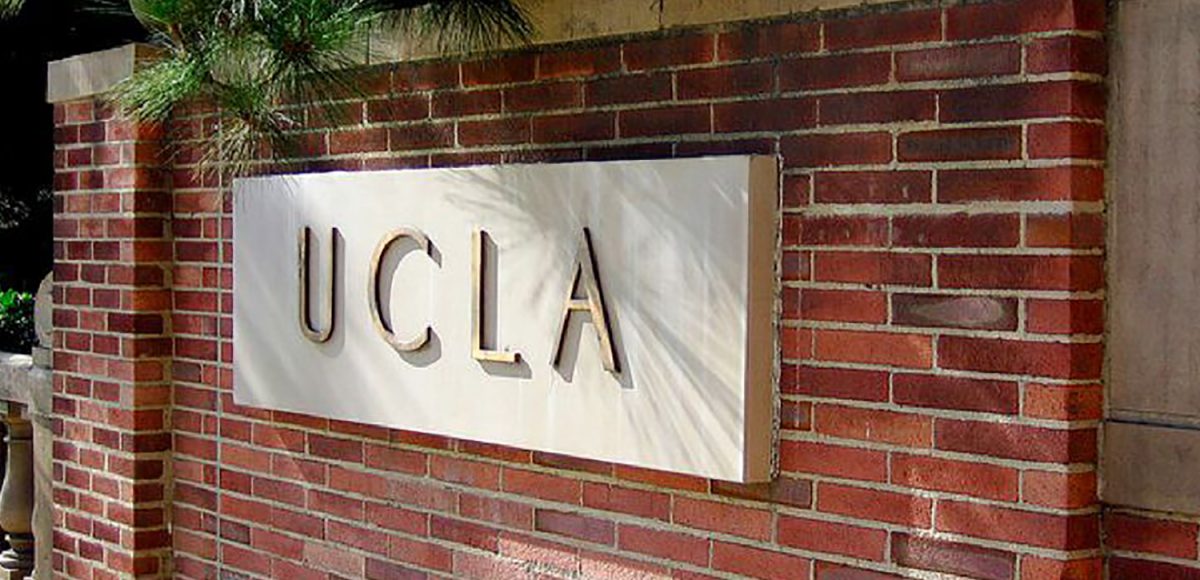On Aug. 13, U.S. District Court Judge Mark C. Scarsi issued an injunction stating that UCLA cannot allow any campus activity if the event or area where it takes place is not accessible to all students, including Jewish students.
The ruling is the latest development in a lawsuit filed by three Jewish students at UCLA who allege that the pro-Palestine encampment established on campus from April 25 to May 2 created a “Jew Exclusion Zone” and fostered an environment of antisemitism.
“In the year 2024, in the United States of America, in the State of California, in the City of Los Angeles, Jewish students were excluded from portions of the UCLA campus because they refused to denounce their faith,” Scarsi wrote in his ruling, adding that “UCLA does not dispute this.”
Attorneys for the plaintiffs have said they expect UCLA to appeal the ruling to the Ninth Circuit Court of Appeals.
The university’s Vice Chancellor of Strategic Communications Mary Osako issued a statement that said the injunction “would improperly hamstring our ability to respond to events on the ground and to meet the needs of the Bruin community.” She also said the university is considering all available options moving forward.
Meanwhile, the ruling was met with applause from many in the Jewish community.
“No student should ever have to fear being blocked from their campus because they are Jewish,” said plaintiff Yitzchok Frankel, a rising third-year law student at UCLA. “I am grateful that the court has ordered UCLA to put a stop to this shameful anti-Jewish conduct.”
Frankel said he faced antisemitic harassment last semester for wearing a kippah and was forced to abandon his regular routes through campus because of the encampment zone. His fellow plaintiffs, Eden Shemuelian and Joshua Ghayoum made similar complaints about their experience at UCLA during the protests.
The Jewish Federation Los Angeles released a statement saying it was grateful for the injunction.
“This injunction sets expectations for UCLA administrators that Jewish students will be guaranteed equal treatment and will not be excluded in any way due to their religious beliefs, including their support for Israel,” stated the organization. “JFEDLA is acutely aware of how tenuous this moment is for the Jewish community, especially as the academic year approaches and antisemitism continues to rise.”
UCLA’s attorneys have not disputed the fact that exclusion took place on campus. But they have argued that they are not responsible for the exclusion as it was perpetrated by third-party actors —the protesters.
The plaintiffs argue that UCLA enabled the exclusion by establishing metal barriers around the encampment and hiring private security guards that allowed protesters to determine who entered and exited the area.
The UCLA professors’ group Faculty for Justice in Palestine, on the other hand, disputes the idea that the protests excluded people on the basis of their faith. They filed an amicus brief arguing against the injunction and pointing to the fact that Jewish students led a Passover seder inside the encampment as evidence that Jews were not shut out.
Scarsi’s ruling on Tuesday is the first injunction in the nation issued against a university for its handling of pro-Palestine encampments. Previously, on July 26, Scarsi issued a ruling ordering UCLA to create a court-enforceable plan to protect Jewish students and ensure equal access to campus should further protests erupt this fall.
In addition to the court-ordered plan for UCLA, the UC system is working on a new policy for its handling of protests and free speech across all 10 campuses. State lawmakers are withholding $25 million in funding until this policy is completed by its Oct. 1 deadline.
“UCLA is committed to fostering a campus culture where everyone feels welcome and free from intimidation, discrimination and harassment,” said Osako in a statement.







